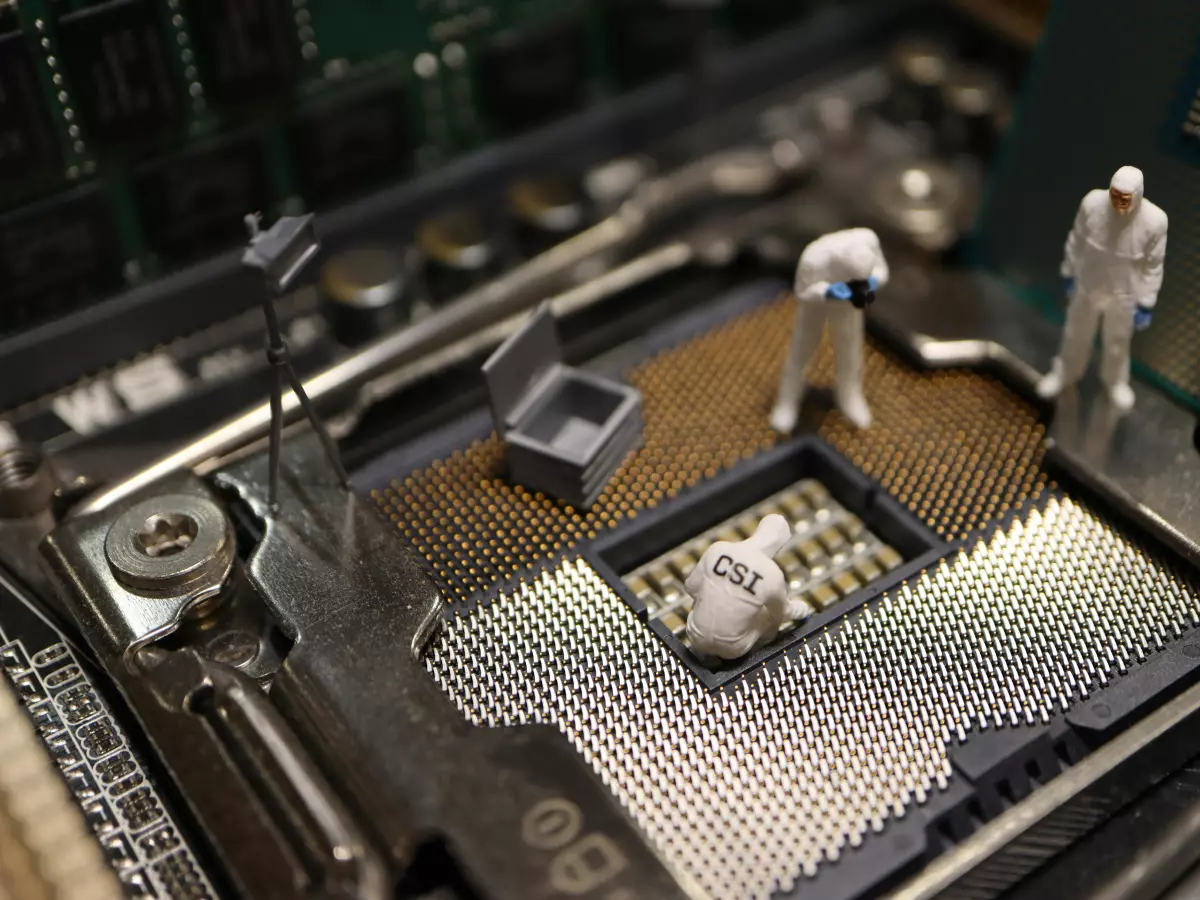License Plate Hack
Imagine walking out of a coffee shop, keys in hand, only to find your car’s engine revving, doors unlocking, and lights flashing—all without you touching a thing. No, it’s not a scene from a sci-fi thriller. It’s a real-world scenario that could have happened to Kia owners, thanks to a vulnerability that allowed hackers to control vehicles remotely using nothing more than a license plate number.

By Elena Petrova
Let’s rewind a bit. Not too long ago, Kia owners were already dealing with the infamous “Kia Boyz” trend, where thieves used USB cables to steal cars. But now, things have escalated to a whole new level. According to The Hacker News, cybersecurity researchers recently uncovered a set of vulnerabilities in Kia vehicles that could have allowed hackers to remotely control key functions like unlocking doors, starting the engine, and even honking the horn—just by knowing the car’s license plate number.
What’s even more alarming? These attacks could be executed in less than 30 seconds, and it didn’t matter if the vehicle had an active Kia Connect subscription or not. All a hacker needed was a smartphone and a bit of know-how. No fancy gadgets, no Hollywood-style hacking montages. Just a license plate number and boom—your car is theirs.
How Did This Happen?
So, how did we get here? Well, it all started with a flaw in Kia’s web portal. Researchers found that by exploiting this vulnerability, they could track millions of Kia cars, unlock doors, and start engines—all remotely. The flaw was so severe that it didn’t just affect one or two models; it was a widespread issue that could have impacted any Kia vehicle equipped with the company’s connected services.
Think about it: a hacker could be sitting miles away, sipping on a latte, while your car is being remotely controlled. And all they needed to do was enter your license plate number into a web portal. It’s like the ultimate cheat code for car thieves.
Fortunately, Kia has since patched the vulnerability, but the fact that it existed in the first place raises some serious questions about the security of connected vehicles. If something as simple as a web portal flaw can lead to remote control of a car, what other vulnerabilities are lurking out there?
The Bigger Picture
Now, before you start eyeing your car with suspicion, it’s important to remember that this isn’t just a Kia problem. As cars become more connected, they also become more vulnerable to cyberattacks. We’re talking about vehicles that are essentially computers on wheels, with everything from navigation systems to engine controls being managed by software. And where there’s software, there are bugs—and hackers ready to exploit them.
In fact, this isn’t the first time we’ve seen cars being hacked. Back in 2015, researchers famously demonstrated how they could remotely control a Jeep Cherokee, leading to a massive recall of 1.4 million vehicles. And let’s not forget the Tesla hacks, where researchers have repeatedly shown how they can take control of the car’s systems.
But here’s the thing: while these vulnerabilities are scary, they’re also a wake-up call for automakers. Car manufacturers are now being forced to take cybersecurity seriously, investing in better security measures and working with researchers to identify and patch vulnerabilities before they can be exploited.
What’s Next?
So, where do we go from here? Well, for starters, automakers need to step up their cybersecurity game. That means regular security audits, working closely with researchers, and ensuring that their connected services are as secure as possible. It also means educating consumers about the risks of connected vehicles and what they can do to protect themselves.
On the flip side, consumers need to be aware that their cars are no longer just mechanical machines—they’re digital devices that need to be protected. That means keeping your car’s software up to date, being cautious about sharing personal information (like your license plate number), and staying informed about the latest security threats.
At the end of the day, the rise of connected cars is both exciting and terrifying. On one hand, we’re living in a world where our vehicles can drive themselves, park themselves, and even order us a pizza. On the other hand, we’re also living in a world where a hacker could potentially take control of your car with nothing more than a smartphone and a license plate number.
So, the next time you’re out and about, take a moment to appreciate the convenience of your connected car. But also remember: with great connectivity comes great responsibility—and a need for some serious cybersecurity.





